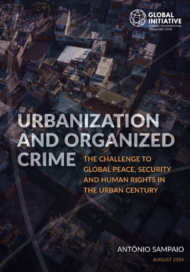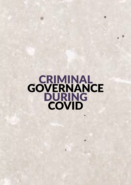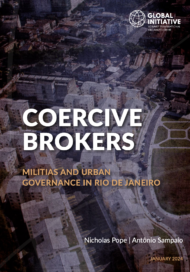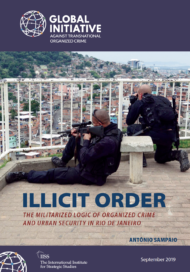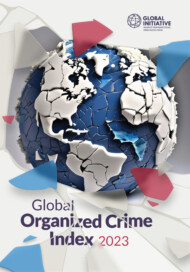Posted on 06 Aug 2024
Urbanisation is reshaping our world at an unprecedented pace, particularly in the Global South. However, rapid and unmanaged urban growth is creating fertile ground for organized crime, posing significant threats to global peace, security provision, and human rights. This report delves deep into these pressing issues and offers actionable insights for policymakers, governments, and international organizations.
In the Global South, where cities are expanding rapidly, the rule of law often lags, creating opportunities for criminal organizations to exploit governance gaps. From 2020 to 2070, the number of cities in low-income countries is projected to grow by 76%, with urban land area expected to expand by 141%. The massive growth in urban areas, combined with weak governance, has already led to alarming rates of violence and human rights abuses. Currently, 56% of urban inhabitants in sub-Saharan Africa live in slums, amounting to over 230 million people vulnerable to predatory practices by organized crime groups.
This report highlights the correlation between rapid urbanisation and the resilience to organized crime, showing a moderate negative correlation (-0.56). Countries experiencing the fastest urban population growth tend to have the lowest resilience scores against organized crime. By examining these patterns, we underscore the urgent need for coordinated and innovative strategies to build safer, more resilient urban environments.
As the international community gears up for the upcoming UN Summit of the Future, the study highlights the need for a comprehensive approach to urban governance, integrating peacebuilding, security provision, and human rights protection. The study recommends including the development of national urban security strategies to enhance coordination and resource allocation, promoting urban-specific interventions such as community policing combined with urban renewal, and leveraging smart city technologies while ensuring data security and public trust. Is also calls for greater collaboration between multilateral institutions like the UN, development banks, and NGOs to systematize and scale up successful urban security practices.
